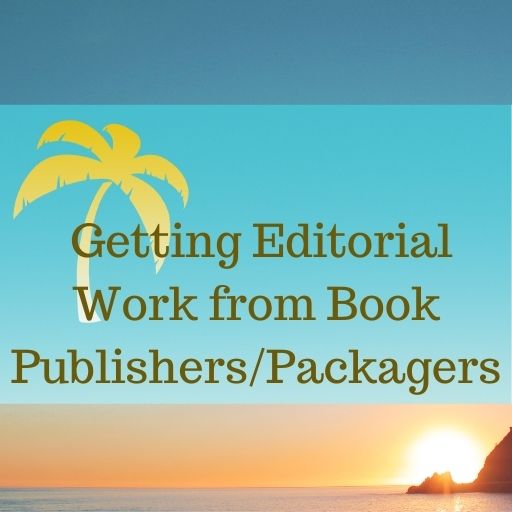Building Your Editing Business
Building your editing business requires finding clients. As a newer editor, this can be challenging, so where do you start? I suggest you begin by asking yourself a few questions.
Building Your Editing Business: Decide Who You Are as an Editor
- What is your purpose? Mine is to help women find a way to tell their stories.
- What kinds of clients does your purpose suggest you should target? I target women who are transitioning from nonfiction to fiction or creative nonfiction.
- What do you want from your business? I want to work on interesting manuscripts written by professionals who can pay professional fees.
- What kinds of clients does your “what I want from my business” answer suggest you should target? For me, people who are already professionals and who see the value of editorial help.
- What is your area of specialization, and why? I specialize in teaching women nonfiction writers to write romance because this is where my skills and experience lie, and it is what people ask me to do.

Inventory What You Already Know
- What is your overall business goal?
- What are some overall marketing strategies you could use to get clients?
- What are some skills and experiences you have that might help potential clients solve a problem?
- What are five or ten things you can do in the next two months to gain additional editing experience?
- Who are some people you could get to know who could help you build your business?
- What types of services are you offering/planning to offer potential clients?
Put It Together
- Who are your target clients, and where are they likely to be found?
- What is one thing you can do this week to network with colleagues and/or potential clients?
- Identify an indirect way of finding clients (such as teaching a class) that appeals to you. What are some steps you need to take to get the ball rolling?
Tips for Editors & Writers
-
Exploring versus Judging Character
One of the curious conundrums I’ve experienced as a book editor is encountering characters that the author clearly has contempt for but expects readers to be interested in engaging with. Contempt is as poisonous in writing as it is in relationships. The goal of the author should not be to judge character but to explore
-
Coaching Opportunities with Potential Clients
I think of coaching as anything that helps a writer write their book, improve their book, sell their book, or otherwise advance their writing career but which isn’t a straightforward edit on a complete manuscript. In other words, if I help an author write a query letter, or brainstorm solutions to plot problems, or review
-
Coaching and Editing Discovery Drafts
Discovery drafts are typically the first draft of a novel that an author uses to explore the story they’re writing, whether the story has been prompted by a situation, a setting, a character, or a theme. The discovery draft typically includes stops and starts, directions the story could take but doesn’t, characters that fade in
Join the Club!
New to story editing? Begin at the beginning.


